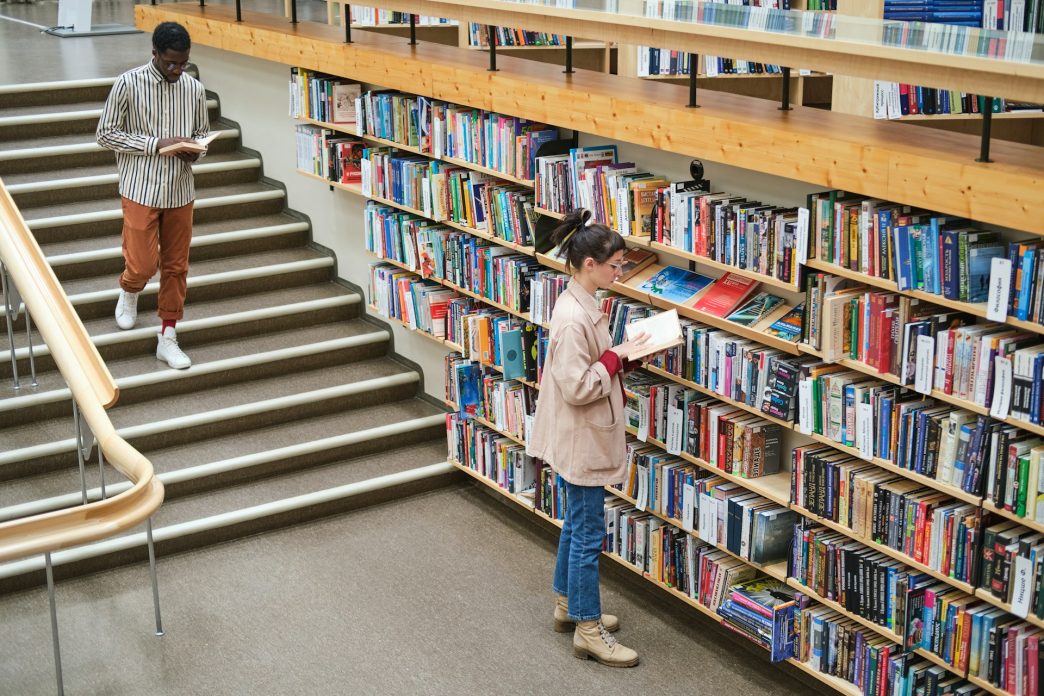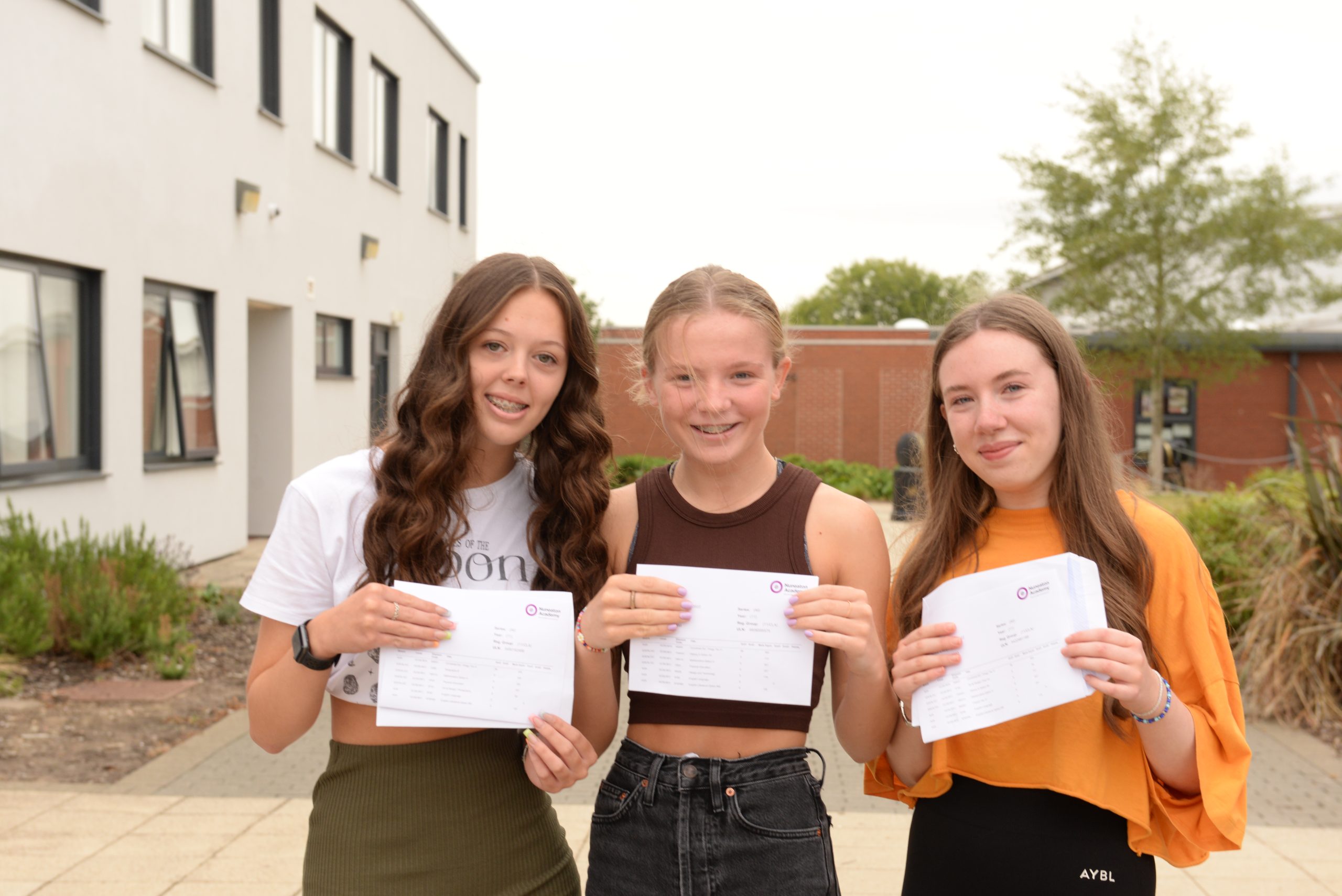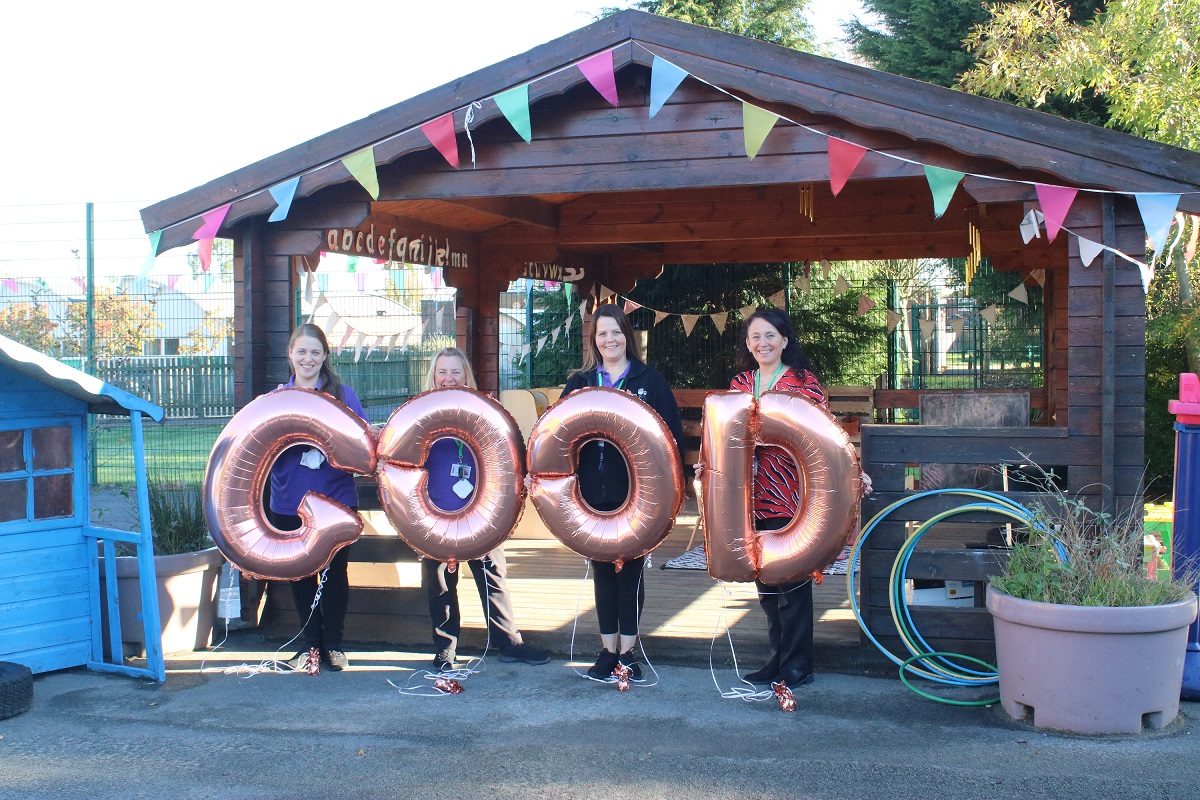The leap from high school to college is more than a change of address. It feels like stepping into a wider arena where the rules are not as clear. The steady rhythm of familiar classrooms is replaced by sprawling lecture halls and professors who expect initiative. In that transition one quiet ally has been gaining ground: e-libraries. They offer fast access to material that would be hard to dig up in a neighborhood bookstore or even a well-stocked campus library.
This shift in study style can feel overwhelming at first. Guidance becomes lighter while responsibility grows heavier. At the same time people often find rare and interesting books when they use Z library. What starts as a search for a textbook can end with the discovery of a forgotten essay or a novel that sheds light on a subject in a way no lecture ever could.
Bridging the Gap Between Two Worlds
High school reading lists lean on safe choices from the canon. College expects more. Independent research is part of the deal and e-libraries make it easier to dive into new waters. A first-year student might begin with Shakespeare yet soon find the need for an obscure commentary written by a professor halfway across the world. What once would have been out of reach now appears a click away.
The benefits extend far beyond the classroom. Reading outside the expected fields broadens perspective. An engineering student who stumbles across a memoir on migration may see problem-solving in a new light. That kind of crossover builds resilience and imagination. The range of benefits is wide enough to outline clearly:
- Access without Borders
Distance does not matter when an e-library is in the picture. A student in a rural town has the same reach as someone studying in a capital city. The availability of countless resources opens up opportunities that once felt limited to a select few. This sense of equality can be a quiet game changer in higher education.
- Flexibility in Study Habits
Unlike physical libraries that close their doors at set hours e-libraries never sleep. A biology major can review material at dawn before an exam while an art student browses journals well past midnight. That kind of flexibility helps students shape study routines that actually fit their lives instead of forcing them into rigid timetables.
- Building Research Skills
Navigating an e-library is more than hunting down sources. It is training in filtering information and sharpening questions. Students learn how to narrow a search judge the quality of a source and draw connections between fields. These are habits that pay off far beyond the university years.
Together these traits show how e-libraries are more than tools. They are bridges that help students cross from dependence to independence.
Growing Independence and Critical Thinking
College often feels like being handed car keys without enough driving lessons. E-libraries ease that ride. By offering thousands of different perspectives they help students learn to weigh arguments test ideas and form opinions. Reading becomes a choice not just an assignment. That shift changes how students see themselves as thinkers.
Curiosity thrives in that space. Following the trail from one book to the next turns reading into a chain reaction of questions. Zlib plays a quiet role here by keeping the doors open for exploration. It is less a warehouse of texts than a key that unlocks unexpected connections.
Beyond the Campus Walls
The value of e-libraries does not stop at the classroom door. Commuters can turn a long bus ride into study time. Students juggling part-time jobs can read between shifts. For those who cannot afford stacks of heavy books the ability to carry a whole library on a phone is liberating.
In the long run these habits shape lifelong readers. What begins as preparation for a course often turns into a love of discovery. The feeling is much like browsing a record store and finding a rare vinyl tucked in the corner. E-libraries give that spark to readers and the habit often lingers well beyond graduation.







